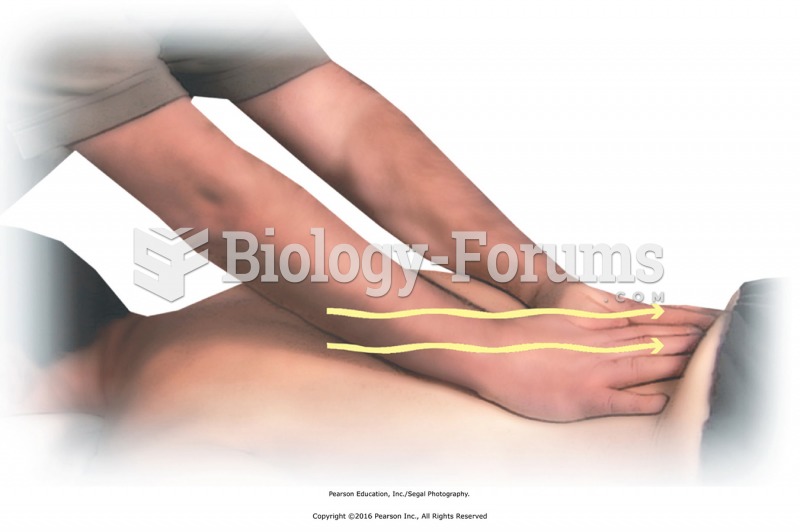|
|
|
Anti-aging claims should not ever be believed. There is no supplement, medication, or any other substance that has been proven to slow or stop the aging process.
By definition, when a medication is administered intravenously, its bioavailability is 100%.
Acute bronchitis is an inflammation of the breathing tubes (bronchi), which causes increased mucus production and other changes. It is usually caused by bacteria or viruses, can be serious in people who have pulmonary or cardiac diseases, and can lead to pneumonia.
People with high total cholesterol have about two times the risk for heart disease as people with ideal levels.
Nearly all drugs pass into human breast milk. How often a drug is taken influences the amount of drug that will pass into the milk. Medications taken 30 to 60 minutes before breastfeeding are likely to be at peak blood levels when the baby is nursing.
 Allen Test: A patent ulnar artery reveals the return of palm perfusion despite radial artery compres
Allen Test: A patent ulnar artery reveals the return of palm perfusion despite radial artery compres
 (A) Unwrap each of the layers until the client is covered by just the plastic sheet and the towels ...
(A) Unwrap each of the layers until the client is covered by just the plastic sheet and the towels ...





